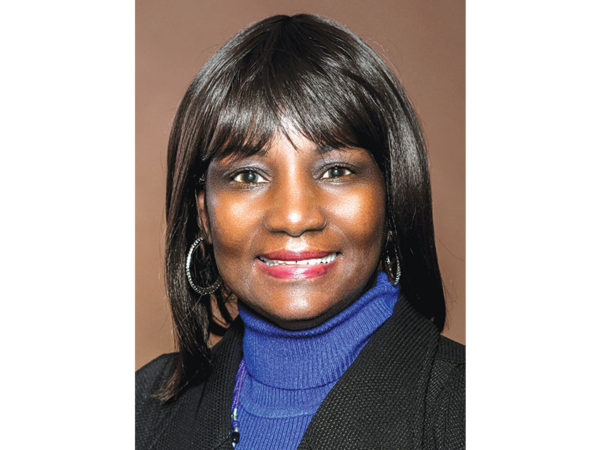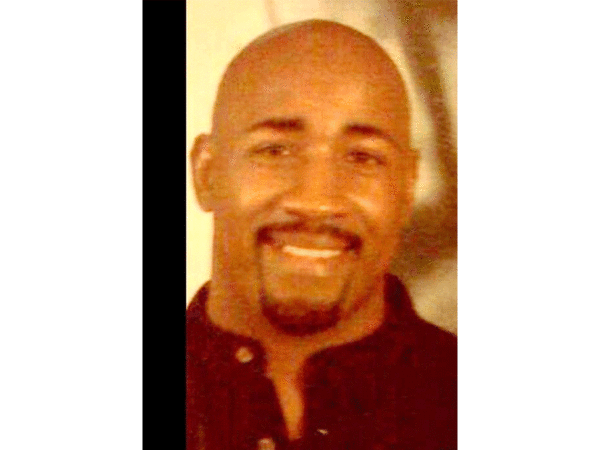By Garry Blanson
While many Black Youth in Monroe, Louisiana are familiar with the famous Montgomery, Alabama Bus Boycott that was called for by Martin Luther King Jr. and other Black Leaders on December 5, 1955, the Monday after a Black Lady by the name of Rosa Parks was arrested for her refusal to give up her seat to a White person on a public bus, many Black Students are surprised to find out that the bus boycott in Montgomery was modeled after a previous bus boycott which took place “almost two and a half years earlier,” right here in the State of Louisiana!
“The Louisiana Bus Boycott of 1953” officially started on June 19, 1953, and lasted to June 25, 1953. While the boycott only lasted a week, it still serves as a reminder of how Black People in Louisiana were able to unite, organize, and take a stand back in 1953.
Well, there were quite a few events that occurred leading up to the bus boycott in Baton Rouge. First, there was a law that was passed by the Louisiana State Legislature in 1950 that prohibited Black People from owning private buses that operated separately from the city bus system in Baton Rouge. Therefore, many Blacks felt like they had no other option than to ride the city buses to get where they needed to go. Also, even though Blacks accounted for over 70% of the ridership of each bus, over half of the seats on each bus were reserved for WHITE riders.
Many times Blacks would have to stand in the back of the bus, even though their were plenty of seats available in the front of the bus, in the section designated for White riders. Next, in January of 1953, City officials decided to raise the amount of the bus fares but still required BLACKS to sit in the back section of the city buses. By February of 1953, a Black preacher by the name of “Dr. T.J. Jemison of Mt. Zion Baptist Church was so upset about the situation that he went before the Baton Rouge City council and voiced his frustrations.” In order to pacify Rev. Jemison and the BLACK riders of the city buses, the city council enacted what was known as,”ORDINANCE 222.”
The ordinance eased tension a bit by changing the seating requirements to “A FIRST COME, FIRST SERVE ARRANGEMENT,” meaning that Blacks could now sit in part of the seating section that was formerly reserved for “WHITES ONLY!” Oh, but White People still had first choice to the first rows of seats of the city buses, but Black People no longer had to stand while there were so many empty seats toward the front of the city buses.” By the way, on June 15, 1953, there was a Black housekeeper by the name of Martha White who was tired from having to walk several miles to the bus stop to catch the morning bus. After paying her fare and boarding the bus, she noticed that the only available seat was in one of the front seats of the city bus, amongst the WHITE riders! After catching her breath, she started to get up and move to the back of the bus, but then she sat back down.
Anyway, the white bus driver wasn’t having none of that and started to ask her to get up out of her seat! Before everything was all over, Rev. Jemison showed up and convinced the White Bus driver not to have Martha and another BLACK lady arrested by stating that under Ordinance 222, Martha should have been allowed to sit where she sat. However, the white bus driver was able to kick Martha and the other Black lady off the bus.
Evidently, the two Black ladies being kicked off the bus didn’t sit well with the Black Community in Baton Rouge because several of them, including Rev. Jemison, deliberately started sitting at the front of city buses. Finally, after a white bus driver got suspended for not enforcing Ordinance 222, the Bus Driver’s Union of over 100 members staged a walkout on June 15, 1953.
Never-the-less, the following Louisiana Attorney General Fred Leblanc’s ruling that Ordinance 222 was unconstitutional, the Union Members ended their walkout on June 18, 1953. The very next day, on June 19, 1953, Rev. Jemison and the other Black Leaders in Baton Rouge decided to begin a boycott of the city buses in Baton Rouge, Louisiana. In closing, I can’t help but point out how sad it is that after all these years, Black people are again having to resort to boycotting corporations such as “Target, Walmart, McDonald’s, and Pepsi-Cola” in order to be taken seriously!



